We would like to welcome you to the latest edition of European Neurological Review. This Issue covers several major and topical areas, diseases which demand the attention of policymakers and politicians throughout Europe, particularly the neurodegenerative conditions and stroke. Between them they contribute much to the total cost and burden to patients and the payers. The total cost of brain disorders in Europe was recently shown by a European Brain Council study (utilising the most up to date epidemiological and health economic data) to be €798 billion, more than the cost of cancer, cardiovascular disorders and diabetes combined.1
In part this is related to the chronic nature of brain disorders, in part through the huge advances made in the treatment of these other conditions, more patients surviving cancer and cardiovascular diseases. Surviving to then develop long term, progressive and disabling brain disorders. These data focus the mind on the challenges all of us must face, but, just as importantly, we need to be part of the solution.
With this in mind, the European Brain Council launched a call for 2014 to be made the European Year of the Brain. We have created a coalition of nearly 200 organisations, the European institutions are listening and we are hopeful that they will have the courage to join us in making this a European Year like never seen before.
We have created a very ambitious programme to celebrate the wonder of the brain but also to demonstrate to the public the best way to nurture, protect and preserve our most vital asset, our brains. We plan to have a mobile brain exhibit visiting more than 900 cities and towns across Europe, a comprehensive schools and university programme, a digital and social media campaign and cultural, sporting and scientific events with hundreds of brain ambassadors.2
Science and research and the efforts of healthcare professionals and researchers are vital to make the progress needed with the conditions discussed in this edition. But this alone will not be enough. Much needs to be done to improve the quality of life for all those who have a brain disorder and their families and carers, this can only truly be achieved by prevention wherever possible, earlier and accurate diagnosis, faster and more appropriate use of treatment, better regulatory processes that are truly fit for purpose and health technology assessment that also recognises outcomes of relevance to patients. We also need to encourage greater responsibility by all Europeans for their health and the health of their families. This will need considerable education and much more targeted information and engagement. The time for action is now. ■
Foreword – European Neurological Review, 2011;6(4):226-226
Article
References
- Gustavsson A, Svensson M, Jacobic F, et al., Cost of disorders of the brain in Europe 2010, Eur Neuropsychopharmacol, 2011; in press. Available at: www.europeanbraincouncil.org/pdfs/Publications_/Cost%20of%20Disorders%20of%20the%20Brain%20in%20Europe%20-%20EurNeuro2011.pdf (accessed 20 December 2011).
- European Brani Council (EBC), European Year of the Brain 2014, European Year of the Brain Materials. Available at: www.europeanbraincouncil.org/projects/eyob/materials.asp (accessed 20 December 2011).
Further Resources
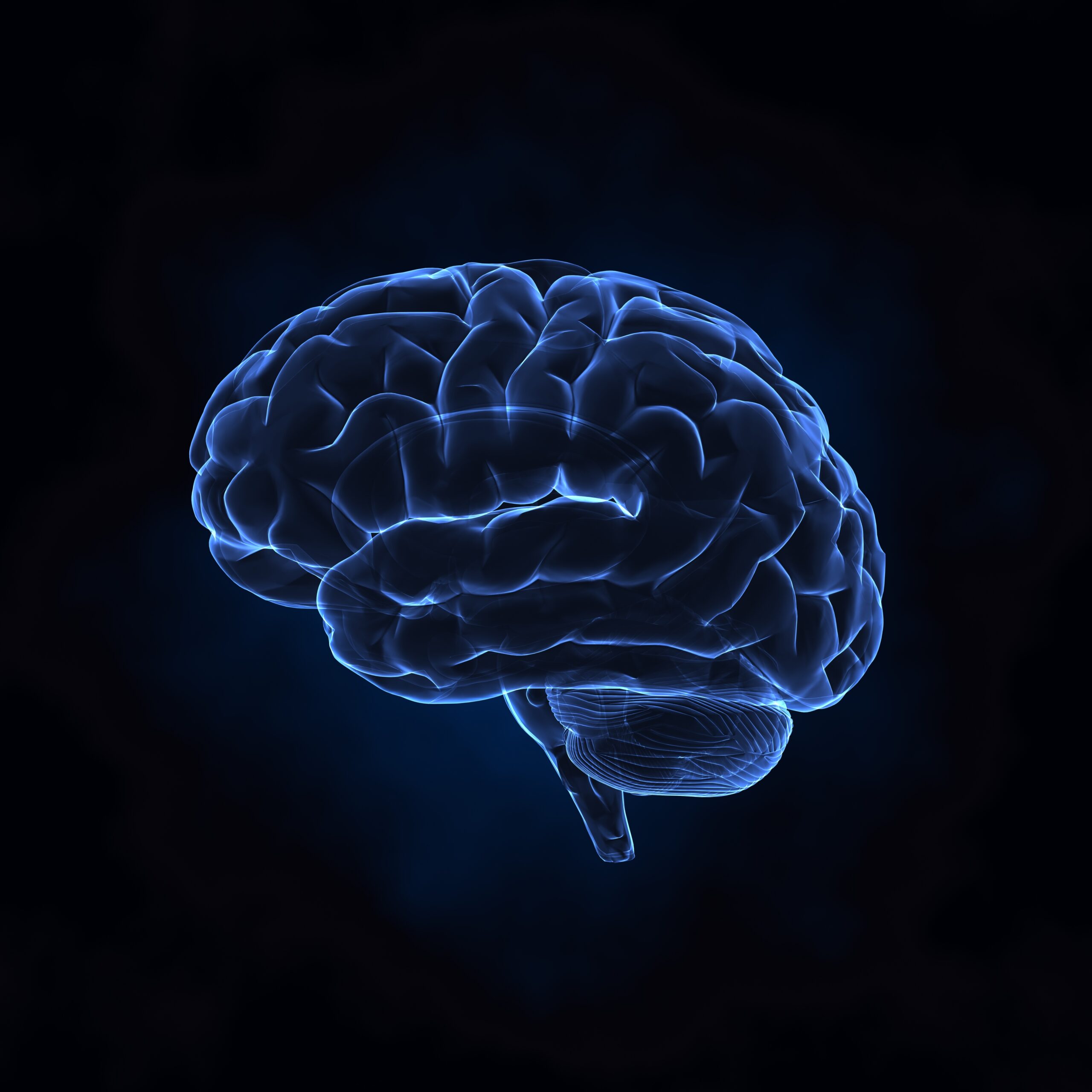
Trending Topic
Parkinson’s disease (PD) is a complex neurodegenerative condition that predominantly affects older people, with a rising prevalence worldwide.1,2 There are many on-going challenges and unmet needs in PD: difficulties in making an accurate diagnosis (particularly in the early stages of the disease), troubling side effects associated with the available pharmacological treatments, a lack of effective disease-modifying therapies […]
Related Content in Parkinson's Disease
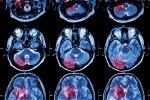
Parkinson’s disease (PD) is characterized by prodromal and clinical stages; the clinical phase is characterized by a constellation of motor and non-motor symptoms (NMS).1 Despite the extensive discussions and publications of the clinical heterogeneity of PD,2 the precise heterogeneous ...

Parkinson’s disease (PD) is a chronic progressive neurodegenerative disorder characterized by the degeneration of nigrostriatal dopaminergic neurons, with its incidence increasing globally.1 With disease progression, the benefit from medications shortens, and symptom control becomes strictly dependent on peripheral levodopa (...

In modern medicine, the concept of wellness is accompanied by many misconceptions. Adopting wellness as a treatment approach has been well defined and implemented in cardiovascular disease, diabetes and some types of cancer management but has not yet been widely ...
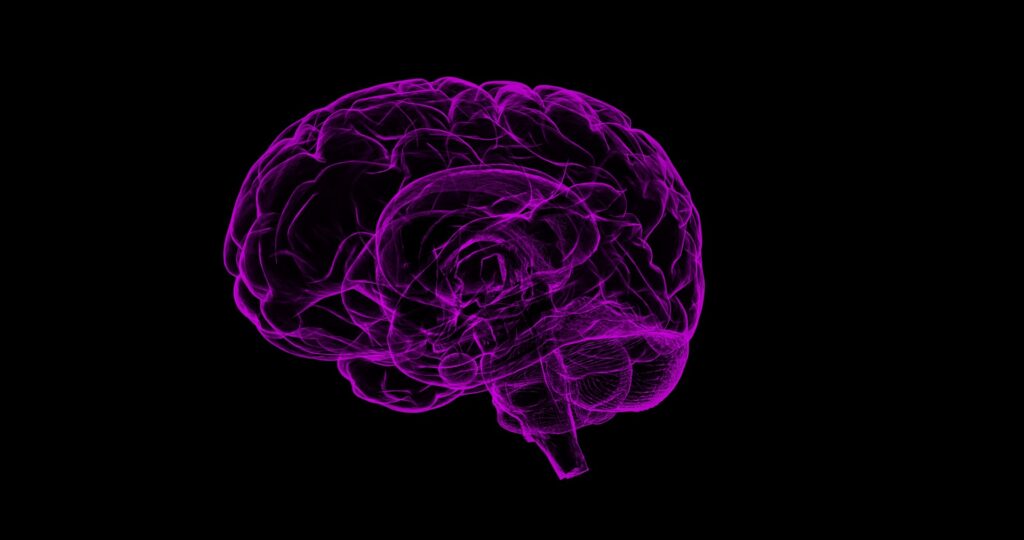
Deep brain stimulation (DBS) is an effective treatment that significantly reduces disabling levodopa-induced motor complications (i.e. dyskinesia and motor fluctuations) and tremor in individuals with Parkinson’s disease (PD).1,2 During DBS, electrical stimulation is delivered through stereotactically implanted electrodes ...

Parkinson’s disease (PD) is a progressive, neurodegenerative movement disorder and the second most common neurodegenerative disorder in the United States.1 In 2020, approximately 930,000 people in the United States aged 45 years and older developed the disease, and this number is expected ...
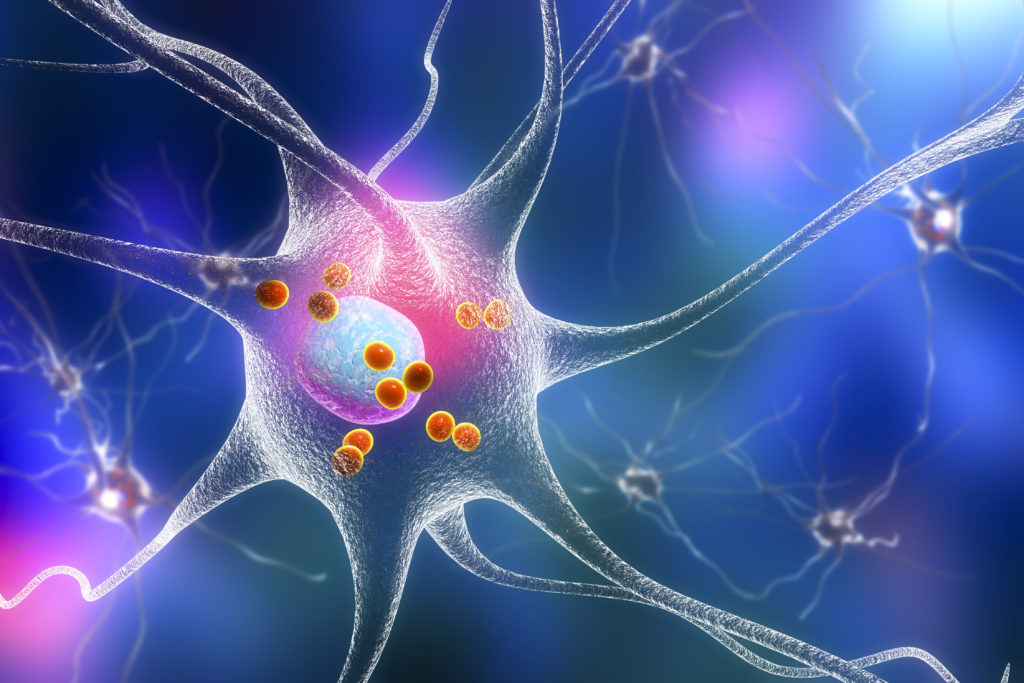
Parkinson’s disease (PD) is a progressive, neurodegenerative disorder that causes a range of motor and non-motor symptoms. The pathological hallmark of PD is the loss of dopaminergic neurons in the substantia nigra pars compacta of the midbrain and the ...
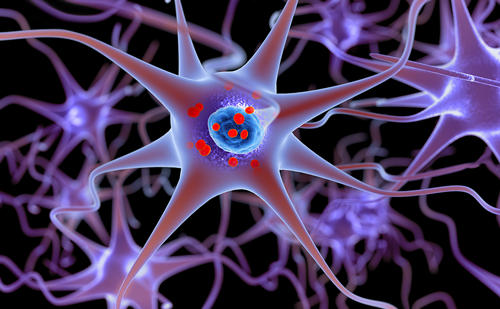
Parkinson’s disease is a progressive synucleinopathy that causes widespread neurodegeneration.1 It is estimated to affect approximately 6.1 million people globally and 0.7–1.0 million people in the USA.2–4 The incidence of the disease is expected to continue to increase over time, and ...

Parkinson’s disease is now considered to be a spreading disease caused by the aggregation of abnormal alpha-synuclein.1 According to Braak et al., in stage I of the disease, alpha-synuclein pathology is found in the olfactory bulb and the dorsal ...

Olfactory loss has been extensively studied in Parkinson’s disease (PD) and is now widely acknowledged as one of the major non-motor symptoms of the disease, which precedes the occurrence of clinical motor symptoms.1,2 It is found in around 90% of ...

Welcome to the latest edition of European Neurological Review. The COVID-19 pandemic has brought numerous challenges to neurologists, including how to deal with patients hospitalised with COVID-19 who require neurologic consultations, how we deal with routine neurologic consultations, as well ...
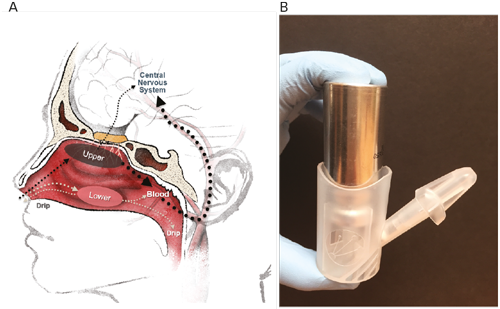
Treatment of acute central nervous system (CNS) conditions requires effective drugs that can provide rapid onset of effect, consistent blood levels, ease-of-use for patient or caregiver, and acceptable tolerability. Solid oral dosage forms account for up to 75% of prescriptions from ...

Phenomenology and clinical significance of OFF episodes in Parkinson’s disease Werner Poewe Department of Neurology, Innsbruck Medical University, Innsbruck, Austria The emergence of OFF episodes in Parkinson's disease (PD) marks the transition from the so-called ‘honeymoon’ period of good ...
Latest articles videos and clinical updates - straight to your inbox
Log into your Touch Account
Earn and track your CME credits on the go, save articles for later, and follow the latest congress coverage.
Register now for FREE Access
Register for free to hear about the latest expert-led education, peer-reviewed articles, conference highlights, and innovative CME activities.
Sign up with an Email
Or use a Social Account.
This Functionality is for
Members Only
Explore the latest in medical education and stay current in your field. Create a free account to track your learning.

